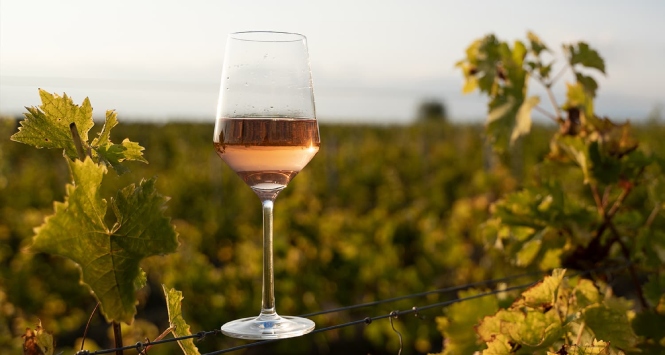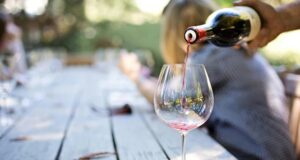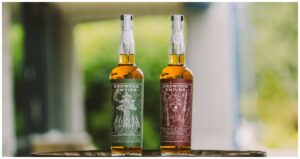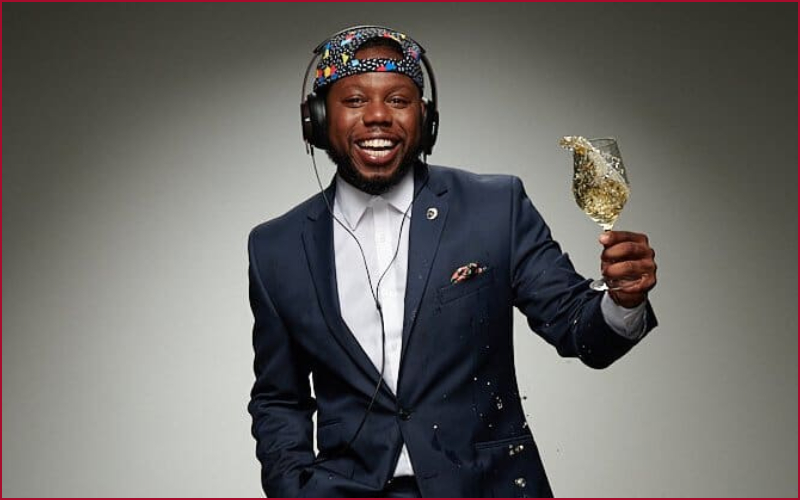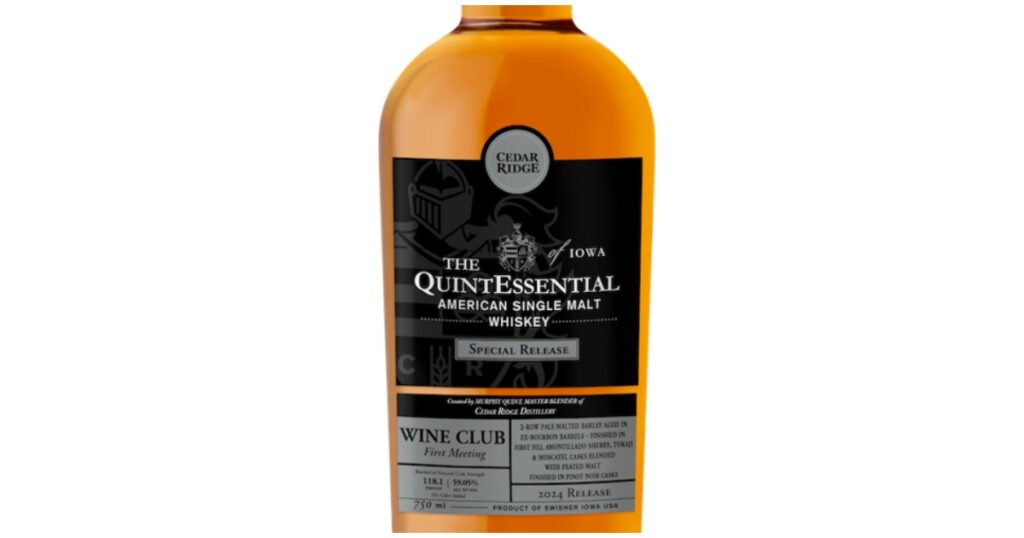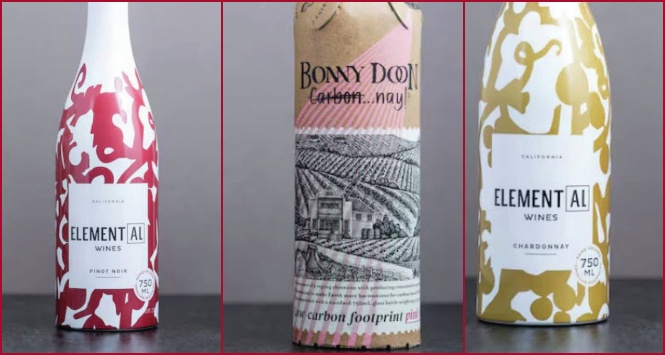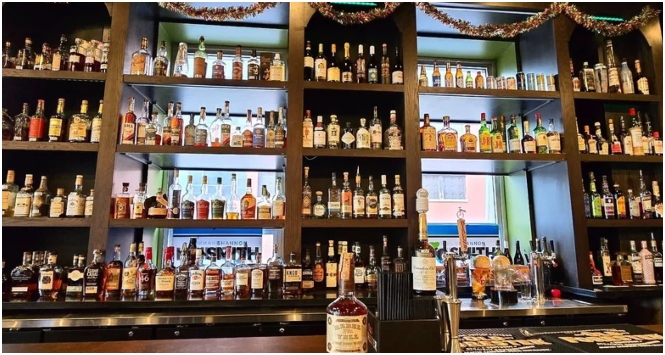The wine industry is undergoing a transformation as Millennials and Gen Z consumers increasingly prioritize sustainability, health, and flexibility in their wine choices.
These shifting preferences are challenging winemakers to innovate while preserving tradition, and leaders like Juan Muñoz-Oca, COO of Vinattieri 1385 and overseer of operations at Stag’s Leap Wine Cellars, are at the forefront of this evolution.
The “Ancient Future” of Winemaking
Vinattieri 1385, a new venture by Italian wine powerhouse Marchesi Antinori, seeks to bridge centuries of winemaking heritage with modern innovation.
The name itself reflects Antinori’s origins, dating back to 1385. Muñoz-Oca, raised in Argentina’s Mendoza wine region, embodies this fusion of past and future, bringing global expertise to iconic wineries like Stag’s Leap Wine Cellars.
“We use a term in Italy—futuro antico—that means ‘ancient future,’” said Muñoz-Oca. “It’s about imagining a better future while honoring centuries of lessons learned in winemaking.”
Stag’s Leap, known for its pivotal role in the 1976 Judgment of Paris, recently achieved Regenerative Organic Certification in November 2024, underscoring its commitment to sustainability.
Shifting Preferences: Sustainability and Mindful Drinking

Environmental consciousness is a top priority for younger consumers, driving demand for organic, biodynamic, and natural wines.
These wines, often crafted with minimal intervention and a focus on sustainability, dominate wine lists in major cities like New York, Miami, and Chicago.
“Younger consumers are deeply concerned about the environmental impact of their purchases,” said Muñoz-Oca. “Sustainability must include social and environmental responsibility.”
Additionally, the rise of the “mindful drinking” and “sober curious” movements reflects broader lifestyle shifts. The non-alcoholic wine market, valued at $2.39 billion in 2024, is projected to grow at a compound annual growth rate of 10.4%, reaching $3.78 billion by 2030.
“Many younger consumers are cutting back on alcohol or seeking lower-alcohol and alcohol-free alternatives,” Muñoz-Oca explained. “This trend aligns with more casual, experiential dining and drinking occasions.”
The Role of Storytelling and Innovation
Muñoz-Oca sees storytelling as a powerful tool for connecting with eco-conscious wine enthusiasts. By emphasizing a winery’s heritage, sustainable practices, and unique terroir, winemakers can resonate with a diverse, younger audience.
“We have the microclimates and expertise to create wines that stand shoulder to shoulder with any wine globally,” said Muñoz-Oca. “Sustainability isn’t just a choice—it’s a necessity. Farm like your life depends on it because it does.”
Looking Ahead
As the wine industry adapts to these evolving preferences, winemakers must balance tradition with innovation.
By focusing on sustainability, health-conscious options, and compelling narratives, wineries can secure a place in the hearts—and glasses—of the next generation of wine lovers.


